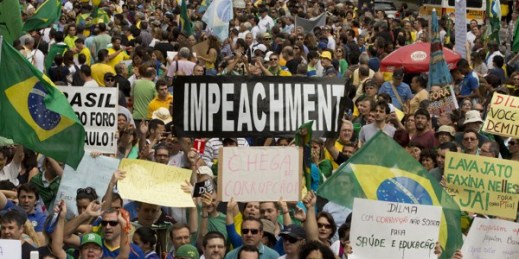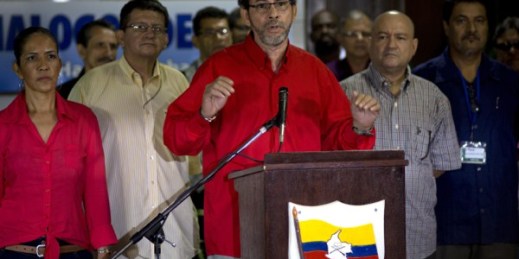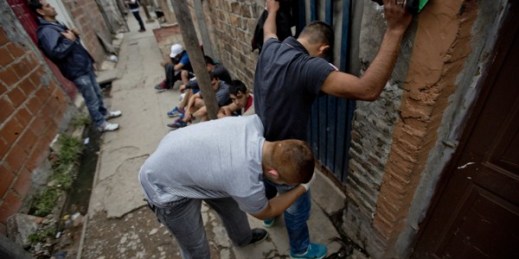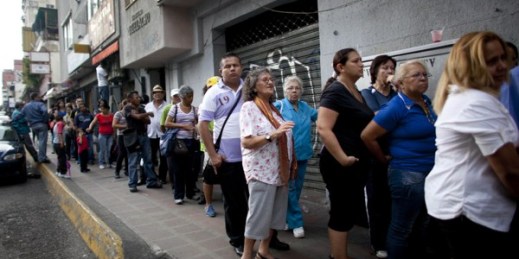
Earlier this month, while Brazilian President Dilma Rousseff rubbed shoulders with other global leaders at the G-20 summit in Australia, her justice minister, Jose Eduardo Cardozo, announced the arrest back in Brazil of 15 people for arranging kickbacks on contracts from state-owned oil company Petrobras. Shortly after hearing the news, two more executives from a major Sao Paulo construction company turned themselves in to police. The second round of the corruption investigation known as Operation Carwash was underway, and by Nov. 16, 23 people would be arrested, including Renato Duque, former head of services at Petrobras. As word of the […]



